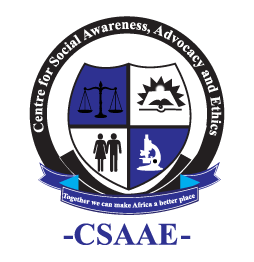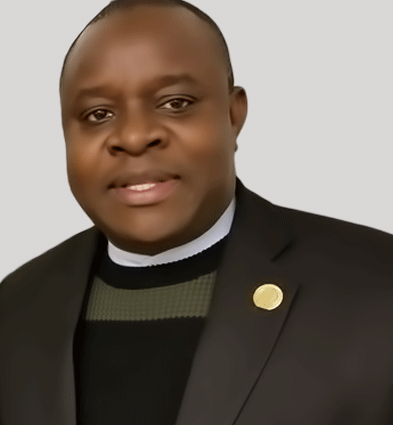In a world marked by diversity and diverse differences, the Universal Declaration of Human Rights (UDHR) stands as a timeless beacon of hope, emphasizing the fundamental principles of equality, dignity, and respect. At the core of this monumental document lies Article 1, a succinct yet profound declaration that encapsulates the essence of human rights and the inherent worth of every individual.

Article 1, states that “all human beings are born free and equal in dignity and rights. They are endowed with reason and conscience and should act towards one another in a spirit of brotherhood”. This serves as a reminder of the universal values that bind humanity together. It underscores the intrinsic equality of all individuals, irrespective of their race, gender, religion, or social status. This principle of equality is not merely a lofty idea but a moral imperative that demands States to uphold the rights and dignity of every person. Moreover, the article emphasizes that individuals are endowed with reason and conscience, highlighting the innate capacity for empathy, compassion, and understanding. It calls upon everyone to treat each other with respect and empathy, encouraging a sense of solidarity and brotherhood among all members of the human family.
In the context of Nigeria, a country rich in diversity and cultural heritage, the principles enshrined in Article 1 of the UDHR hold particular significance. Nigeria, with its complex ethnicities, languages, and traditions, is an example of the broader human experience. Embracing equality and dignity is not just a moral imperative in Nigeria; it is a practical necessity for fostering national unity, social cohesion, and sustainable development.
Nigeria has made significant strides in promoting human rights and upholding the principles of equality and dignity. However, there are still severe challenges, particularly in the areas of gender equality, minority rights, and socio-economic disparities. To fully realize the vision of Article 1, Nigeria must continue to prioritize inclusive policies, encourage dialogue and understanding among diverse communities, and address systemic inequalities that undermine the rights and dignity of its citizens.
One of the key ways to promote equality and dignity in Nigeria is through education. By ensuring access to quality education for all, regardless of background or socioeconomic status, Nigeria can empower its citizens to realize their full potential and contribute meaningfully to society. Education not only equips individuals with the knowledge and skills they need to succeed but also instills values of tolerance, respect, and empathy.
Furthermore, Nigeria must work towards creating a legal and institutional framework that safeguards the rights of all its citizens, particularly marginalized and vulnerable groups. By enforcing Laws that protect against discrimination, violence, and injustice, Nigeria can build a more just and inclusive society where every individual is valued and respected.
In conclusion, the principles articulated in Article 1 of the Universal Declaration of Human Rights serve as a guiding light for nations like Nigeria as they strive to build a more equitable and just society. By embracing equality and dignity as foundational values, Nigeria can create a future where every citizen is empowered to live a life of dignity, freedom, and fulfillment.


